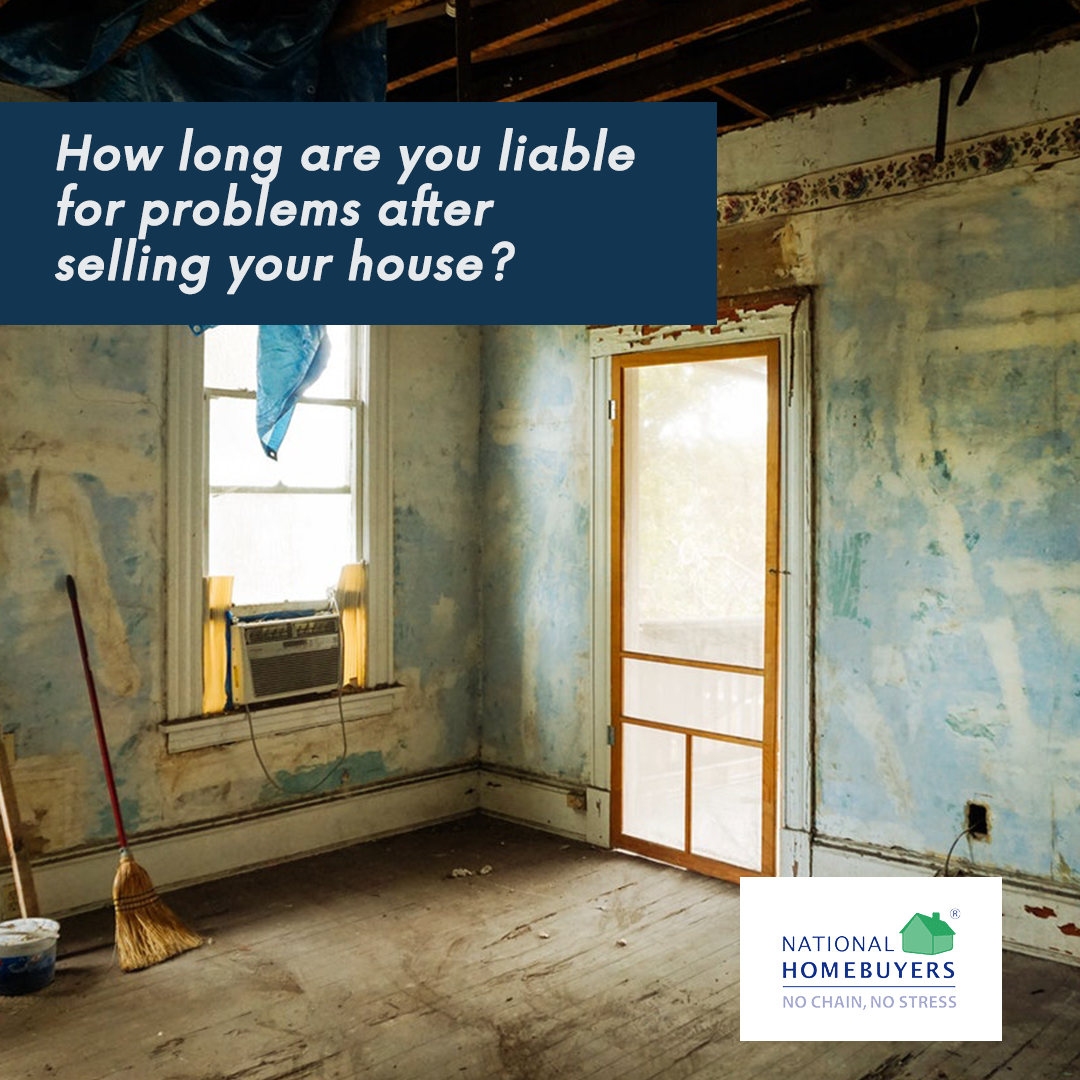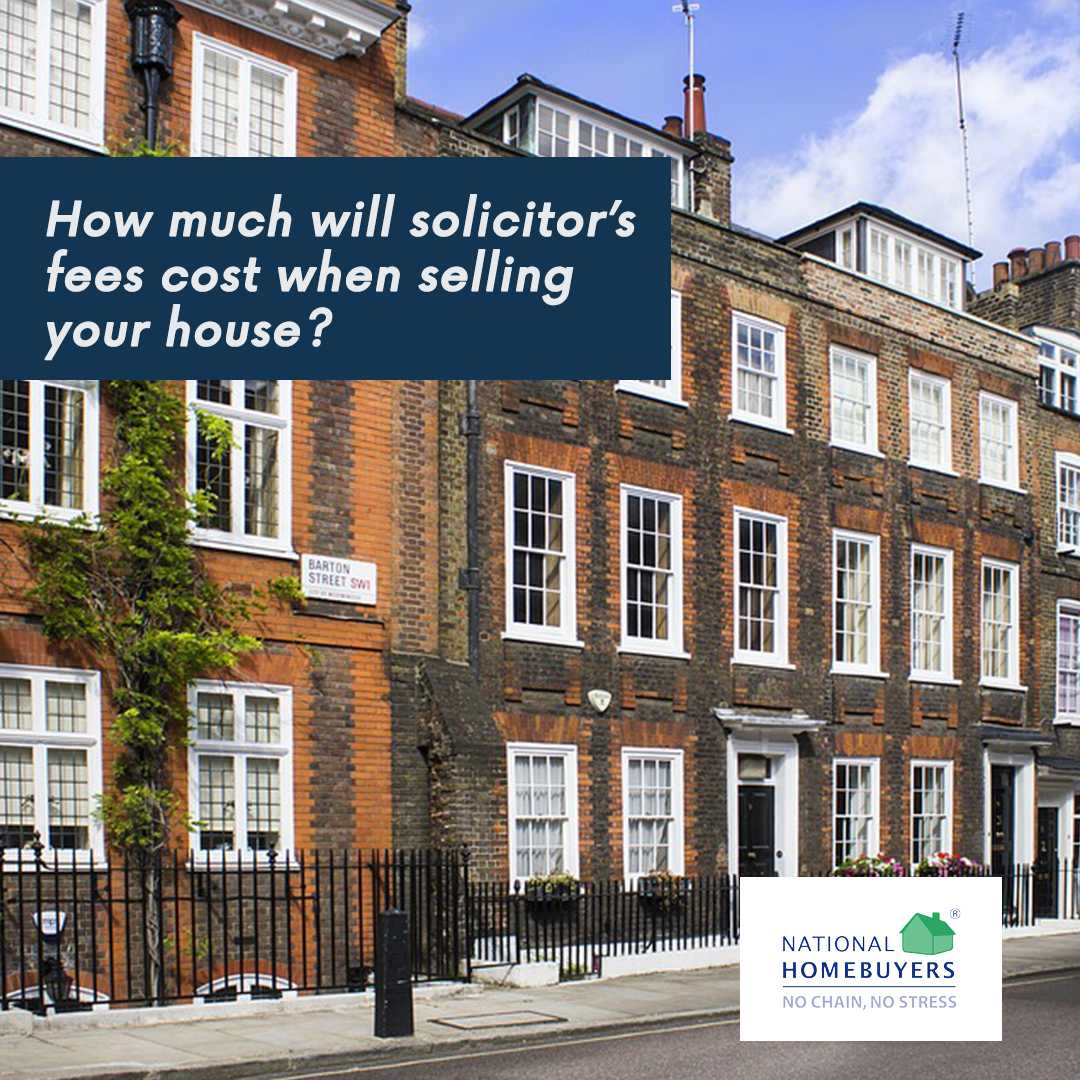What Happens When You Are In Mortgage Arrears?
Mortgage Arrears Definition
If you cannot pay your mortgage repayments for 2 or more months, then you are considered to be in arrears.
If you have missed payments on your mortgage, then you are certainly not alone; the FSA statistics on Mortgage Lending published in December 2012 show that there were 35,900 new cases of accounts with mortgage arrears in the last quarter, making a total of 303,200. If you also find yourself in the position that you are in mortgage arrears, then your lender can start repossession proceedings against you.
Know Your Rights
If you have missed payments on your mortgage, don’t worry, you won’t suddenly be evicted without warning. The FSA have a code of conduct for mortgage lenders, which means before your lender can take you to court to repossess you there are certain steps that they must follow:
- They must inform you of the outstanding balance and the total amount you owe.
- They must consider any request you make to the way you pay your mortgage.
- They must respond to any offer of payment that you make and give you reasoning for turning down any offer of payment within 10 days.
- They must give you reasonable time to consider any proposal that they make to you.
- They must give you 15 days’ written notice before starting a court action against you
- They must inform you of the date and time of the hearing.
- They must inform your council within 5 days of notification of the hearing, in case you will need to apply to the council as homeless.
Mortgage Arrears Resolution Process
It is most important that you contact your mortgage lender as soon as you know you will be unable to make your mortgage payments; they may to restructure your repayment plan or even give you a mortgage holiday, to give you a chance to resolve your financial difficulties without the immediate worry of a court hearing, or repossession. In general, mortgage lenders do not want the hassle of repossession any more than you do, if they can find a way to get the money they are owed without going down the repossession route then they are likely to consider that. The FSA statistics on mortgage arrears, published in December 2012, show that although the number of accounts in arrears has increased in the last quarter, the number of new repossessions fell by 2%.
You should also be aware, that if your mortgage company does take you to court, it does not mean you cannot find another resolution, which will avoid court or repossession. You may be able to come to an agreement with your lender. For example, if you can sell the property before the eviction date and repay the mortgage arrears and outstanding balance, then the repossession will not take place and you will avoid the black mark it would put on your credit rating.
If you live in England, the Mortgage Rescue Scheme may be able to help you. If you are eligible, then you may be able to get a loan to cover your mortgage arrears, or sell your house to a registered social landlord and rent it back.
Please note that this is not an advice guide, it is for general information only, and you should always seek professional legal advice. If you are in mortgage arrears you should consult your mortgage lender straight away for advice. You can find further advice about mortgage problems at the Citizens Advice Bureau.
![We Buy any House - National Homebuyers]() A Guaranteed Fast House Sale
A Guaranteed Fast House Sale
National Homebuyers are private and direct house buyers who work to a purchase completion date that suits you. So, if you want a cash buyer who will ensure that you sell your house fast, who is flexible to your needs, contact us today by filling in the form to the right of the page or via telephone using the number at the top.
We buy any house, regardless of its condition. Contact us today for a fast, no obligation valuation of your home.





